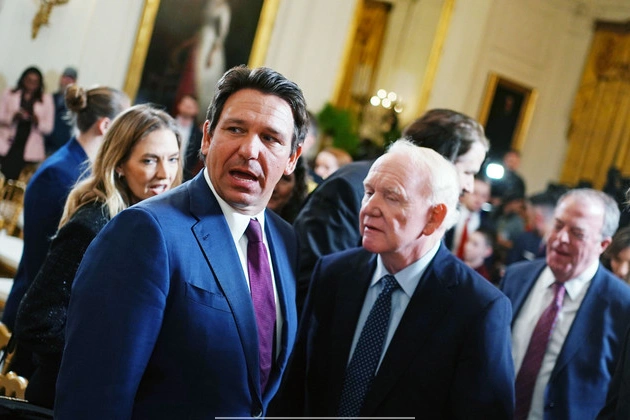
Florida’s political landscape is shifting as Governor Ron DeSantis steps into the spotlight following a tumultuous period in the GOP-controlled Legislature. After months of clashes within the party, DeSantis now holds the key to the state’s $115 billion budget.
The Governor’s Influence
DeSantis, known for his assertive leadership, faces a pivotal moment as he assesses the budget approved by legislators. His history of decisive action against opponents raises questions about potential vetoes and their impact on Florida’s future.
Legislative Reassertion
Republican leaders emphasize the Legislature’s role as a co-equal branch of government, signaling a shift towards collaboration and improved outcomes. Speaker Daniel Perez highlights the House’s strengthened position, reflecting a more balanced approach to governance.
Challenges and Controversies
The session’s duration and intensity underscored the challenges faced by DeSantis and lawmakers. From immigration policy disputes to tax cut disagreements, the session was marked by contentious debates and compromises.
Policy Implications
While some initiatives faced setbacks, key measures favored by business groups were approved, including tax reforms and ballot initiative restrictions. The session’s outcomes hint at a complex political landscape with lasting implications for Florida’s governance.
The Road Ahead
As Florida navigates post-session dynamics, the focus shifts to property taxes, insurance reforms, and economic stability. Legislators anticipate further collaboration to address pressing issues and deliver meaningful change for residents.
Despite the session’s challenges, Governor DeSantis secured funding for law enforcement and debt reduction, showcasing his ability to advance key priorities. The aftermath of the session leaves room for speculation on future actions and potential legislative engagements.
Stay tuned as Florida’s political arena evolves, reflecting a blend of strategic decisions, legislative dynamics, and gubernatorial leadership.











